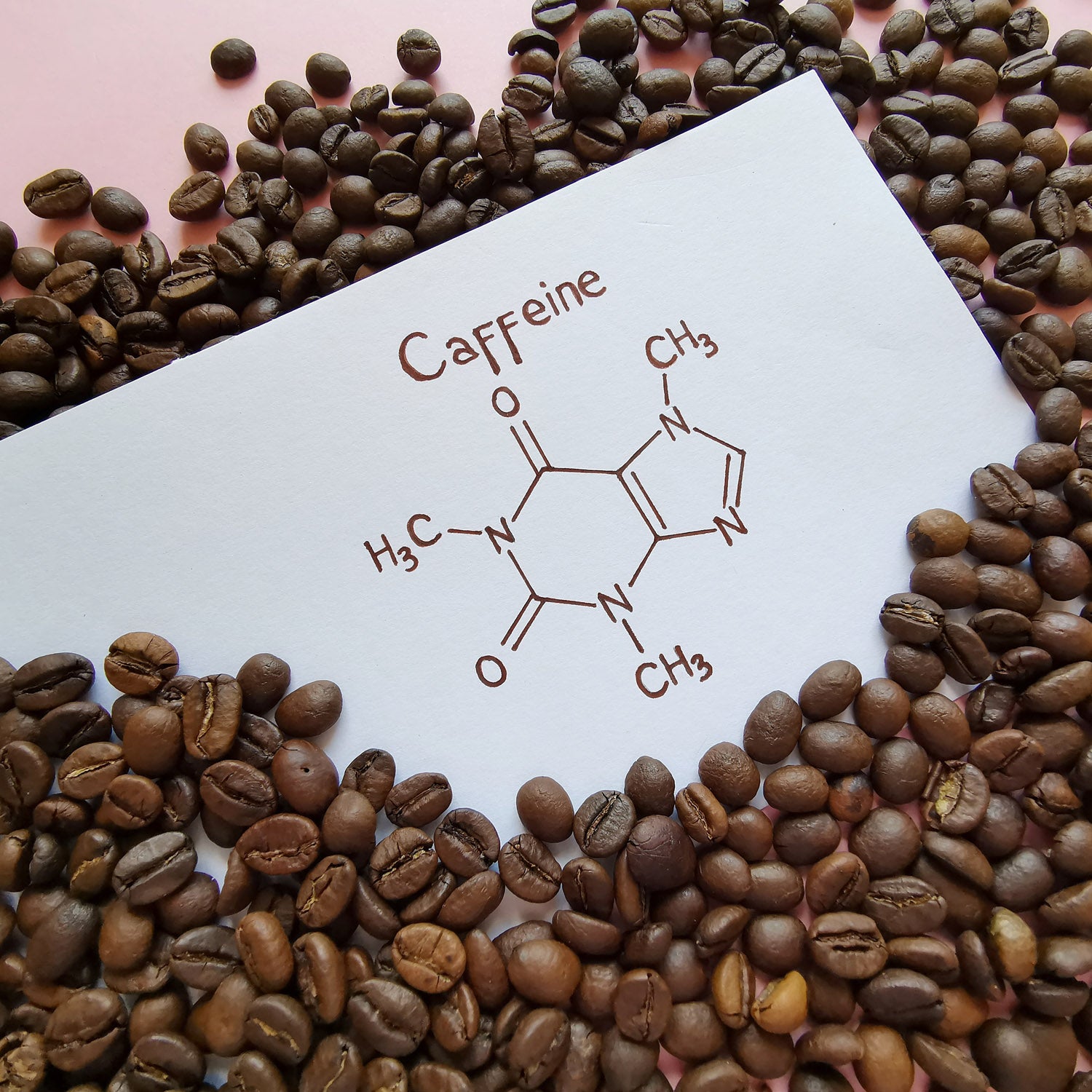Caffeine can be a great tool to get your body and mind recharged and ready for action.
Whether it’s through coffee, tea, energy drinks, pre-workouts or tablets, the amount of caffeine we consume can mount up quickly.
Unfortunately, taking too much can be a detriment to the way we train and recover.
So how do you know if you should reduce your daily caffeine intake? Built for Athletes takes a look.
How Much Caffeine Is Too Much?
Adults are recommended not to exceed 400mg of caffeine a day. To give that some context, an instant cup of coffee contains about 80mg and an Americano from Costa contains 277mg.
If you start going well over 400mg on a regular basis, it could interfere with your sleep and cause headaches or grogginess.
When you’re training hard, you need to get good quality sleep so that your body can adapt and absorb the work done in your sessions, so you don’t want caffeine getting in the way and reducing progress.
Consistently drinking too much coffee or energy drink can also cause caffeine dependency, which leads to feelings of tiredness that might mean you can’t perform at your best in training.
Another thing to be mindful of is that caffeine stays in your system for around 6-8 hours, so if you have a large dose before an evening session it’s likely to stop you sleeping properly and hurt your recovery.
Caffeine Can Enhance Performance
We’re not saying that caffeine is outright bad for athletes. Far from it.
Numerous studies have shown that a dose of caffeine can make you use fat more efficiently as a fuel in aerobic exercises which leads to considerably improved performances, and that sprint speed and power output can go up with large doses of caffeine.
Around 2-3mg of caffeine per kg of body weight taken around an hour before exercise can be enough to get these benefits.
Use It The Right Way
Be aware of how much caffeine you’re taking and when you’re taking it to get the most out of your body in training and when recovering.
If used correctly, caffeine can be a useful tool in your nutrition arsenal but used poorly and it can interrupt sleep patterns or leave you feeling tired and lacking motivation.


Share:
Eddie Hall Reveals His Daily Cryotherapy & Red Light Heat Recovery Routine
It's A Myth That Heavy Training Weakens Your Immune System